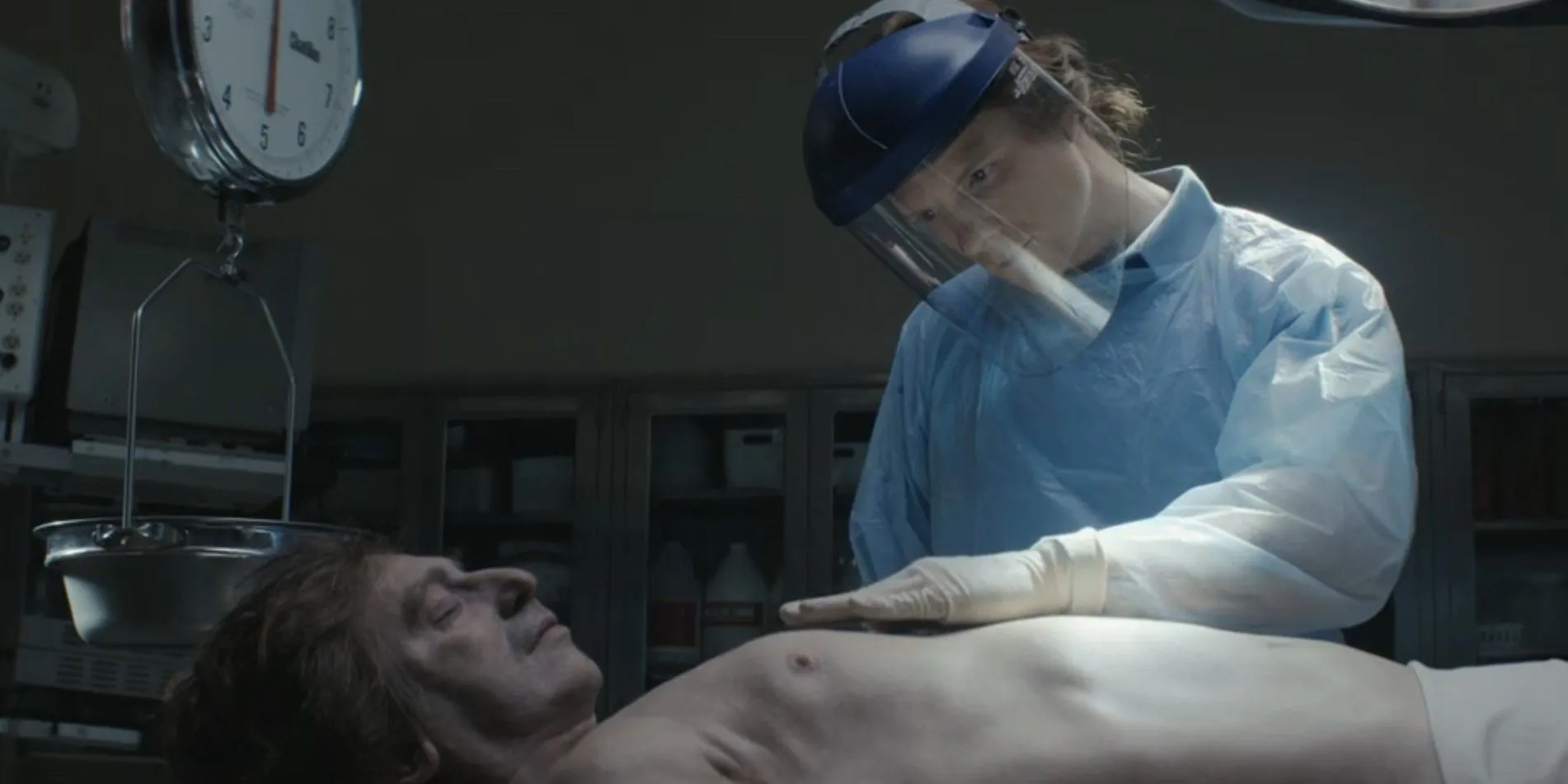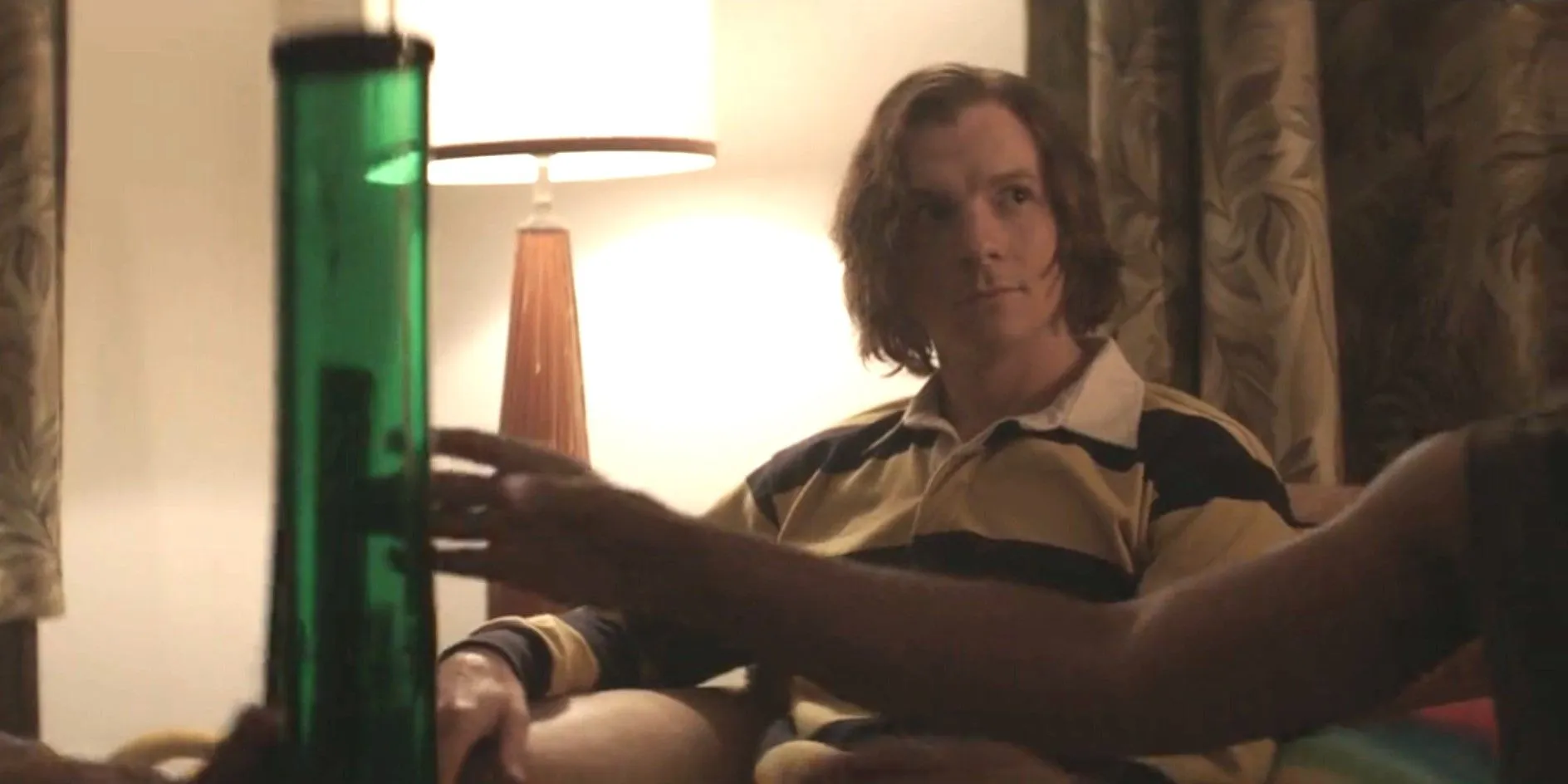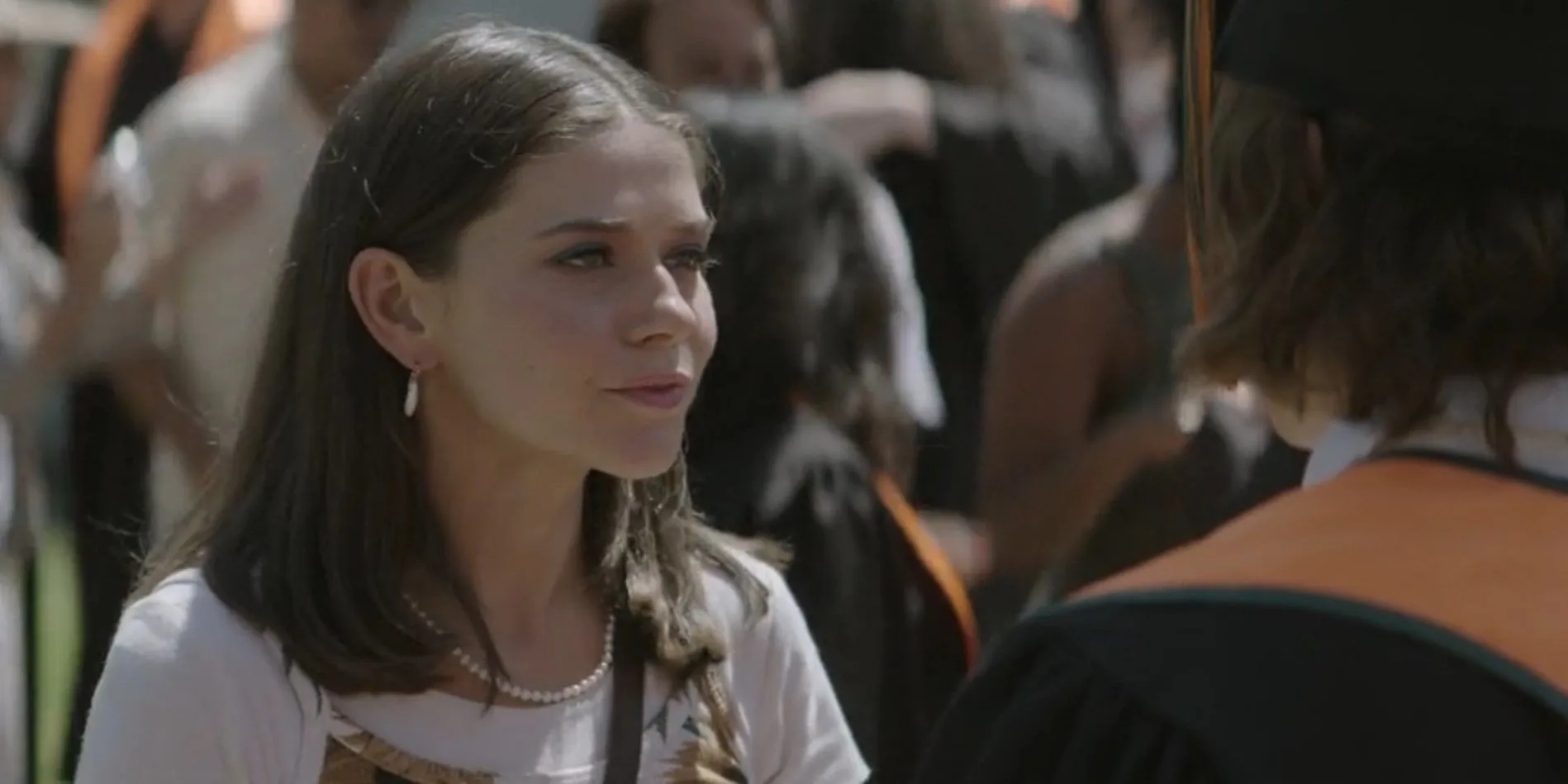
Attention: Spoiler Alert! This article discusses elements from episode 1 of Dexter: Original Sin. The recently launched prequel series, Dexter: Original Sin, is reshaping the character of Debra Morgan (portrayed by Molly Brown), providing her with a depth of sympathy that was often lacking in the original Dexter series. While Debra, initially played by Jennifer Carpenter, was a beloved character, she was not always relatable. Her complex demeanor, often highlighted by a brash sense of humor, at times made her seem less likeable.
In the original series, Debra was known for her sharp wit, frequently demonstrating her penchant for blending profane language into her dialogue or taking jabs at her colleagues. Her sharp tongue often targeted Dexter himself, her adoptive brother, which contributed to her image as a tough character, bordering on rude. However, Original Sin signifies a departure from this portrayal, making Debra both more relatable and affable, thereby enhancing the original series’ narrative in retrospect. Even in the premiere episode, viewers are treated to a version of Debra that is much more sympathetic.
How Original Sin Redefines Dexter’s Unusual Behavior
Dexter’s Journey to Social Adaptability


The premiere of Dexter: Original Sin provides clarity regarding Debra’s grievances about Dexter, portraying him as an exceedingly peculiar individual during his college years. He is depicted gazing with fascination at a cadaver and enduring discomfort in various social scenarios, even coming perilously close to committing violence at a fraternity party. These instances reveal a social awkwardness that aligns with Debra’s frustrations, implying that her critiques were not entirely misplaced.
In the original series, Dexter appeared to be a charismatic and sociable figure, with few recognizing his underlying eccentricities. While characters like James Doakes and Joey Quinn saw glimpses of Dexter’s oddity, most viewed him as well-adjusted. Contrasting this, Patrick Gibson’s rendition in Original Sin highlights Dexter’s struggles with social norms, emphasizing his outsider status—an angle that adds fresh depth to his character.
Enhanced Sympathy Towards Debra Through Dexter’s Quirks
Understanding Debra’s Perspective


Set in the early 1990s, the timeline of Dexter: Original Sin allows for a clearer understanding of Debra’s feelings towards her brother. The show illustrates Dexter’s social eccentricity during this era, contrasting starkly with Debra’s outgoing nature. Although her disdain for Dexter might not be justified, it becomes more relatable considering their stark personality differences. In the original series, viewers seldom witnessed Dexter behaving uncomfortably, which rendered Debra’s critiques seemingly harsh rather than sympathetic.
Furthermore, Original Sin enriches the dynamics of Debra and Dexter’s sibling relationship. In the original narrative, their bond was portrayed as inseparable during childhood. This latest series, however, hints at underlying tensions, suggesting that their eventual closeness stemmed from a conscious choice to embrace one another despite their differences. This revelation adds layers of emotional resonance, making both Debra and Dexter more relatable and sympathetic characters in the eyes of the audience.
- New insights into character dynamics
- Enhanced portrayal of sibling relationships
- Historical context enriching original series themes
For further insights, you can check out the source here.




Leave a Reply